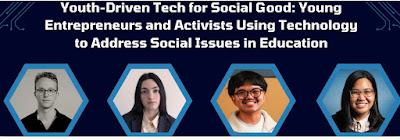Peoples’ needs are changing in response to a quickly evolving context. People want more responsive action to address these key challenges. Today, we need to envision a different kind of world. A disconnected and fragmented approach to social, economic and environmental policies has not produced the desired results toward poverty eradication and reducing inequality. We need leadership to establish a renewed social contract integrating social, economic, environmental and political justice at both national and international levels. We, the members of the NGO Committee on Social Development, call upon Member States to:
▪ Include people with lived experience of any kind, in the design, implementation, and assessment of policy responses for effective and impactful outcomes.
▪ Ensure equal access to affordable and adequate housing, low-cost nutritional food, quality healthcare, basic income, quality education, public infrastructure and services, including access to water, sanitation, energy and digital technology.
▪ Establish nationally owned, human rights-based, and well-financed universal social protection systems and floors.
▪ Prioritize and measure the well-being of people and the planet, using multidimensional indicators, beyond GDP, in economic policy-making.
▪ Extend debt relief and forgiveness for the least developed countries based on values of justice and solidarity.
▪ Mainstream a gender perspective into all policies and empower women of all ages in all aspects of their lives, as effective ways to eradicate poverty and achieve gender equality.
▪ Recognize Care as a societal responsibility and adopt policies to recognize and redistribute this vital, yet often unpaid work, in a more equitable way between men and women and
across society.
▪ Advance Indigenous Peoples’ rights to lands, territories and resources as an effective way to protect critical ecosystems, waterways and biological diversity, and to include the
rights of women to own and inherit land.











